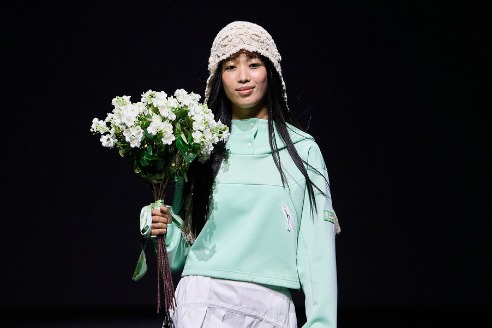Female scientist blends empathy and ethics in algorithms

After completing her PhD, Li joined Microsoft Research Cambridge as a senior researcher. A turning point came in 2018, when her paper on score matching caught the attention of Ilya Sutskever, then chief scientist at OpenAI. "He emailed me after a conference," she recalls. "He liked the style of my work and invited me to interview for a research scientist position." She declined but called it "a significant recognition" of her research.
For years, Li was often the only woman in the lab. "During my PhD, for nearly three years, I was the sole female among 50 or 60 people," she says. The experience sharpened her awareness of gender dynamics in computing. "I often had to convince male colleagues using very objective data and evidence to make my point, and collaborate more effectively," she notes.
"I learned to let the data and facts speak for me," Li explains.
When disagreements arose over research directions, she relied on clear visualizations, peer-reviewed studies, and additional experiments to strengthen her case. This evidence-driven approach, she found, built credibility and trust.
At Imperial, Li is now part of a growing community of women in computing: around 30 percent of professors in her department are female, a marked improvement from when she started. She has become both a mentor and role model for young women entering the field.




































